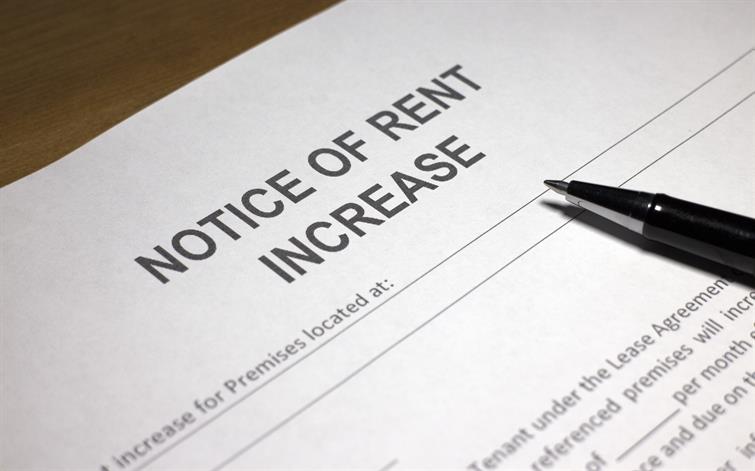Published by CNBC | November 1, 2021
As the period of discounted rents in cities comes to an end, many tenants are bracing for steep increases that could force them to leave their homes.
Like many other renters during the pandemic, Trish DaCasta nabbed an apartment that she normally couldn’t afford.
The upgrade was a big one: She was able to leave the place she’d been sharing with roommates for more than five years for a studio of her own in a luxury building in downtown San Diego, with a gym and pool.
“It was amazing,” DaCasta, 36, said. “I’ve wanted to live alone since the day I graduated college.”
But the good times were tainted by the feeling they were only temporary.
And over the last few months, DaCosta, a Pilates instructor, has been seeing the open apartments in her building go for rents just as high, if not higher, than they were priced pre-Covid. By her calculations, her current rent of around $1,900 could easily go up to $2,300 or more. That would force her to move.
“It’s just too much,” she said.
As cities begin to resemble their pre-Covid selves again and the period of discounted rents evaporates, many tenants are facing a similarly unpleasant reversal.
“Renters who originally received pandemic pricing are now experiencing steep rent increases at renewal – sometimes upward of 40%,” said Allia Mohamed, CEO of openigloo, which allows renters in New York City to review landlords. “I’m amazed this is legal.”
As unhappy as you might be with your increased rent, moving may not lead to lower costs, said Jay Parsons, vice president and deputy chief economist at RealPage. In fact, he said, renewal rent increases have grown at only one-third the rate of new leases thus far in 2021.
“Property managers routinely price renewal leases below what they’d charge a new resident,” Parsons said, adding that they want to save on so-called turn costs, including changing the carpet, painting and cleaning.
Moving is also not cheap.
“Upfront costs such as movers and utility transfers can add up and might actually be more expensive than the rent increase,” Crawford said.
That all being said, you don’t want to leave yourself in a situation where you may not be able to pay your rent or meet your other necessary expenses. The general advice is that you shouldn’t be directing more than 30% of your salary to rent.


